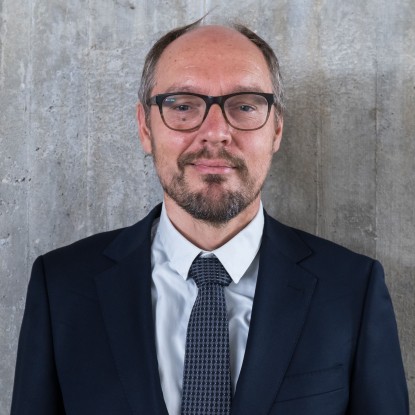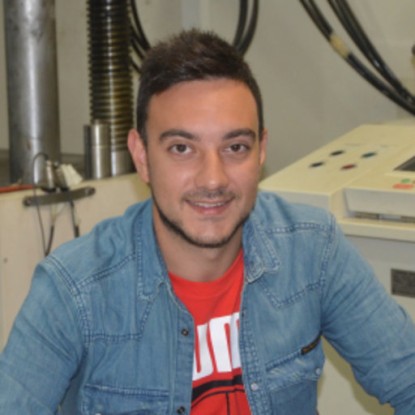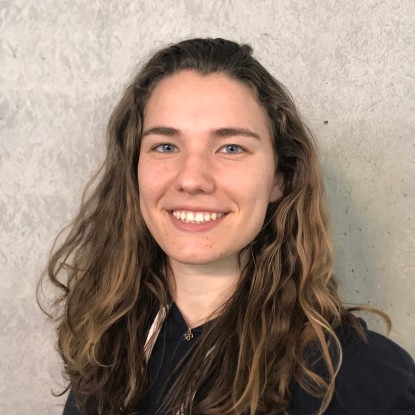European Universities

TUDa - Germany
The Institute for Construction and Building Materials (WiB) at TU Darmstadt leads the experimental and theoretical investigations about the thermal performance of the bio-based composite. Moreover, TUDa will coordinate also the activities intended at formulating sustainability-based design for bio-based materials.
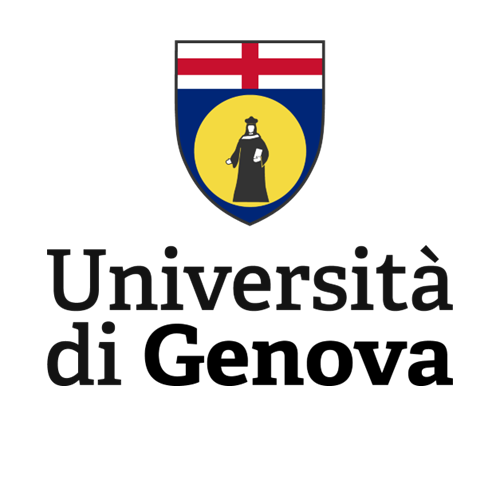
UniGE - Italy
The DICCA department at University of Genova (UniGE) is involved in the selection of bio-based components, responsible for the Mechanical and Structural performance of the components as well as assessment of the thermal performace of the bio-composites.

UniSA - Italy
The Department of Civel engineering (DICiv) of University of Salerno (UniSA) leads the research activities foreseen about the selection of bio-based materials.
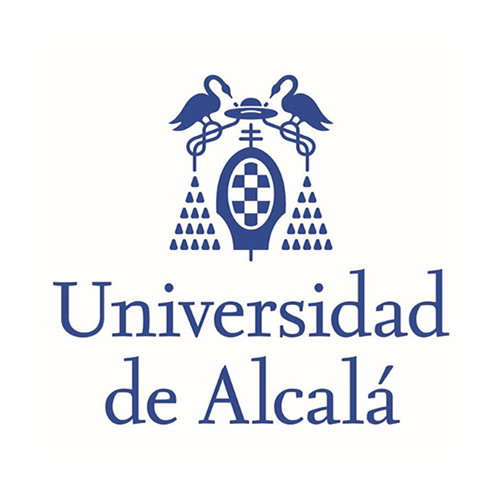
UAH - Spain
The Faculty of Architecture of the University of Alcalá (UAH) bring their peculiar view of architects on building technology and is responsible for selecting the most relevant and promising use of the bio-materials in the building and construction sector of tomorrow.
European companies

WRS - Germany
Wilhelm Röser und Söhne (WRS) is a company producing pre-cast concrete. Their role is twofold: on one hand, based on their extensive experience they advise on the feasibility and market potencial of the bio-materials and, on the other hand, they are responsible for the final demonstration activity.

BAS - Netherlands
Basilik (BAS) is a company working in the field of concrete technology, which has developed an innovative solution for self-healing concrete. Based on their experience, BAS advises about the technical feasibility and market potencial of the bio-materials.
Non-European Universities

ASU - USA
The School of Sustainable Engineering and the Build Environment at ASU brings to the project their long expertice in sustainable cement-based materials that ranges from materials science to structural design, based on both experimental and theoretical studies.

USFQ - Equador
The University of San Francisco of Quito (USFQ) employs its vast experience in non-conventional cementitious composites to work on the analysis of the thermal and mechanical behaviour of the biocomposites
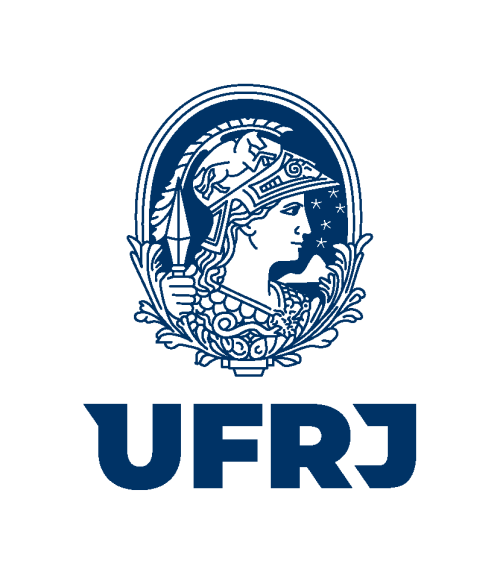
UFRJ - Brazil
The institute NUMATS of the Federal University of Rio de Janeiro (UFRJ) bring into the project their almost two decates of research activities on the sustainable materials and bio-based cementitious composites including plant-based fibres and fabrics.
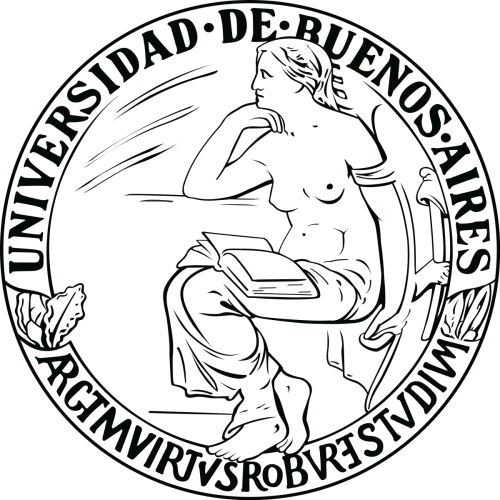
UBA - Buenos Aires
The institute LMNI of the University of Buenos Aires (UBA) work on formulating theoretical models and implimenting the corresponding code, specially for simulating the meso- and macro-scale thermo-mechanical behaviour of concrete and cemenetitious composites under various load conditions.
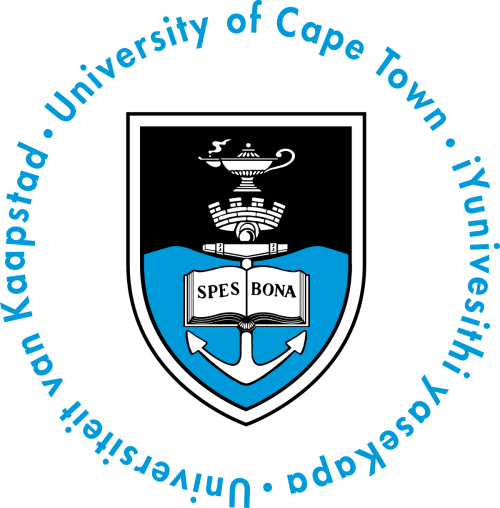
UCT - South Africa
The Concrete Materials and Structural Integrity institute of University of Cape Town (UCT) works on durability assessment of the bio-composites with special enphasis on testing methods and standardisations.



